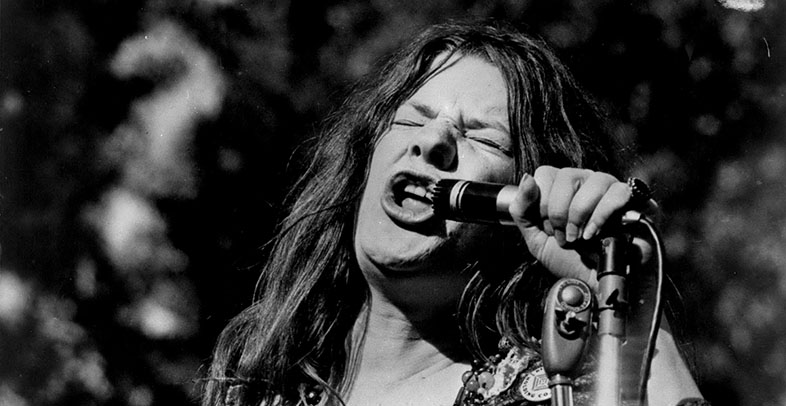3.2 Women musicians and the counterculture
While superficially renouncing monogamy, marriage, and the two-parent nuclear family, the counterculture reproduced traditional (even conservative) positions for women, as their roles – like their mothers and grandmothers before them – were to provide unpaid domestic and sexual labour: cooking, cleaning, caring for the children, and sleeping with the men. As such, men set the agenda of the counterculture, while women tended to occupy more supportive roles, such as accompanying protest marches or distributing leaflets. The marginalised position of women rock and folk musicians mirrors the wider side-lined position of women within the counterculture more generally. As Sheila Whiteley has observed:
The counter culture’s marginalisation of women in rock is […] particularly disturbing. Apart from biting social and political commentaries from such performers as Joan Baez, Buffy St Marie and Peter, Paul and Mary, and the success of such frontline performers as Mama Cass (The Mamas and the Papas), Grace Slick (Jefferson Airplane) and Janis Joplin (albeit at a cost, with Joplin dying in 1970 and Cass Elliott [Mama Cass] in 1974), both the lifestyle and the musical ethos of the period undermined the role of women, positioning them as either romanticised fantasy figures, subservient earth mothers or easy lays.
‘Romanticised fantasy figures’ were a familiar characteristic of 1960s popular songs by male groups and artists. Well-known examples include The Beach Boys’ ‘Good Vibrations’ (1966) and The Beatles’ ‘Lucy in the Sky with Diamonds’ (1967). Navigating the image of the female popular musician as an ‘easy lay’ was a particular issue for the woman who will now be considered in depth: Janis Joplin.
